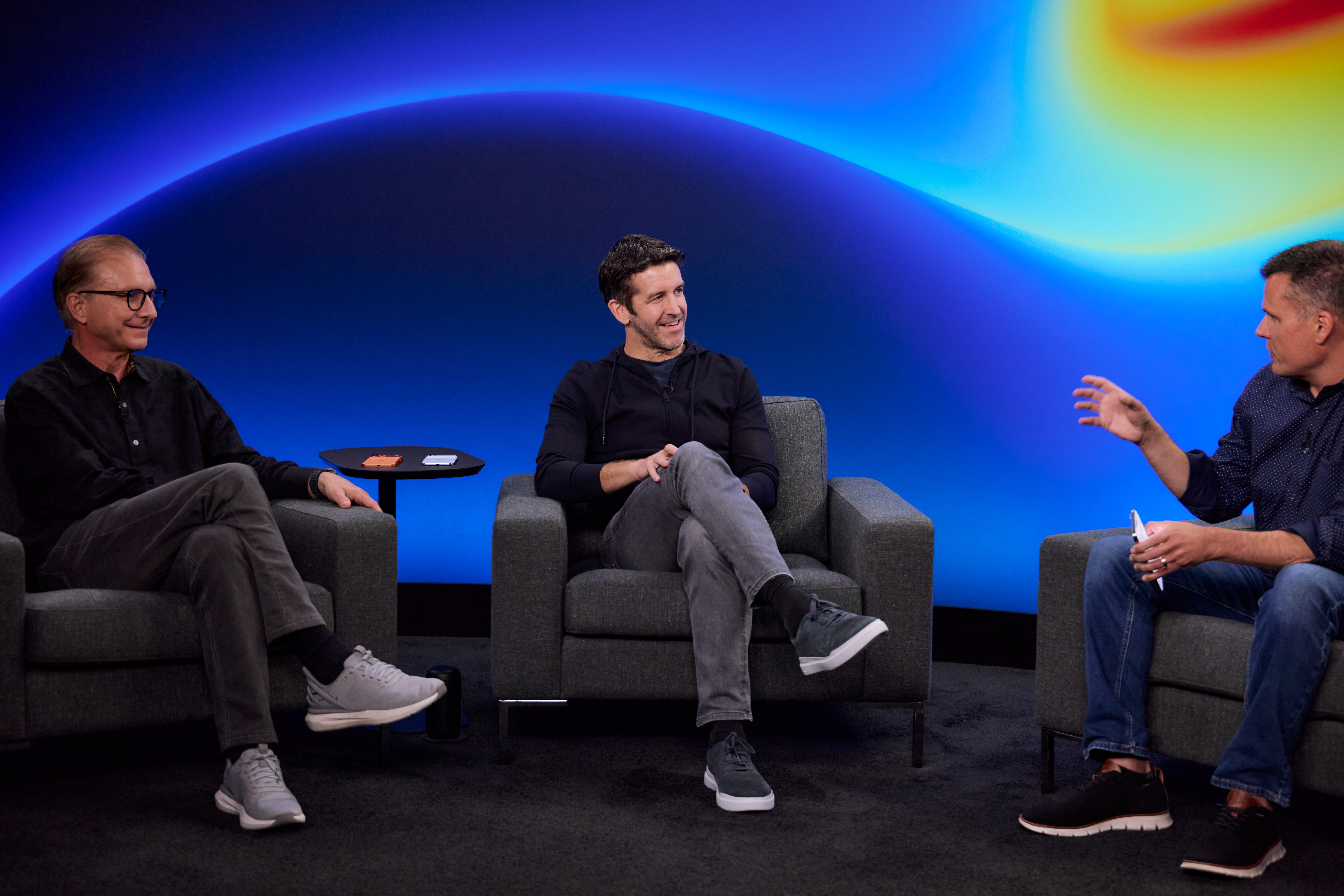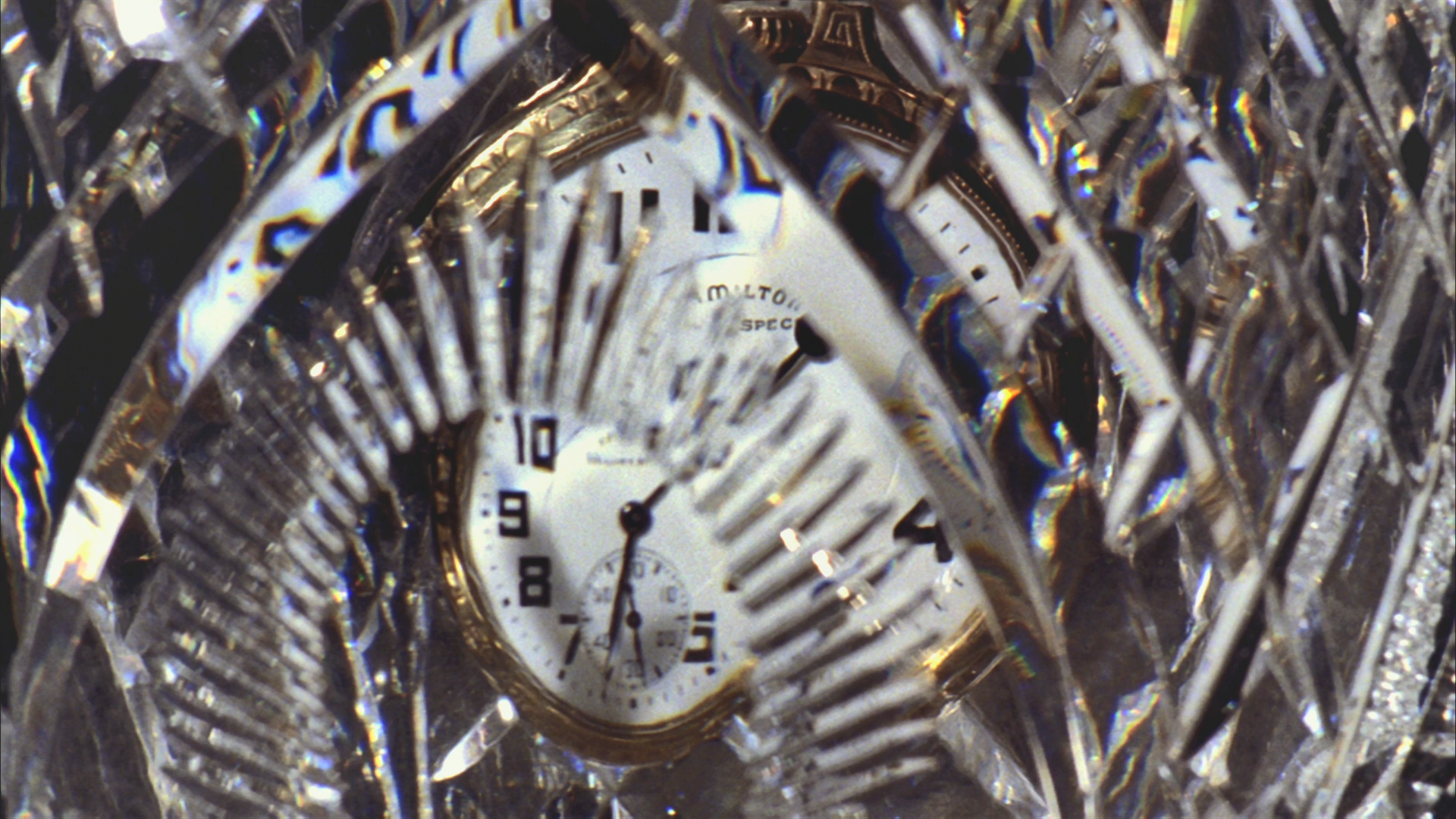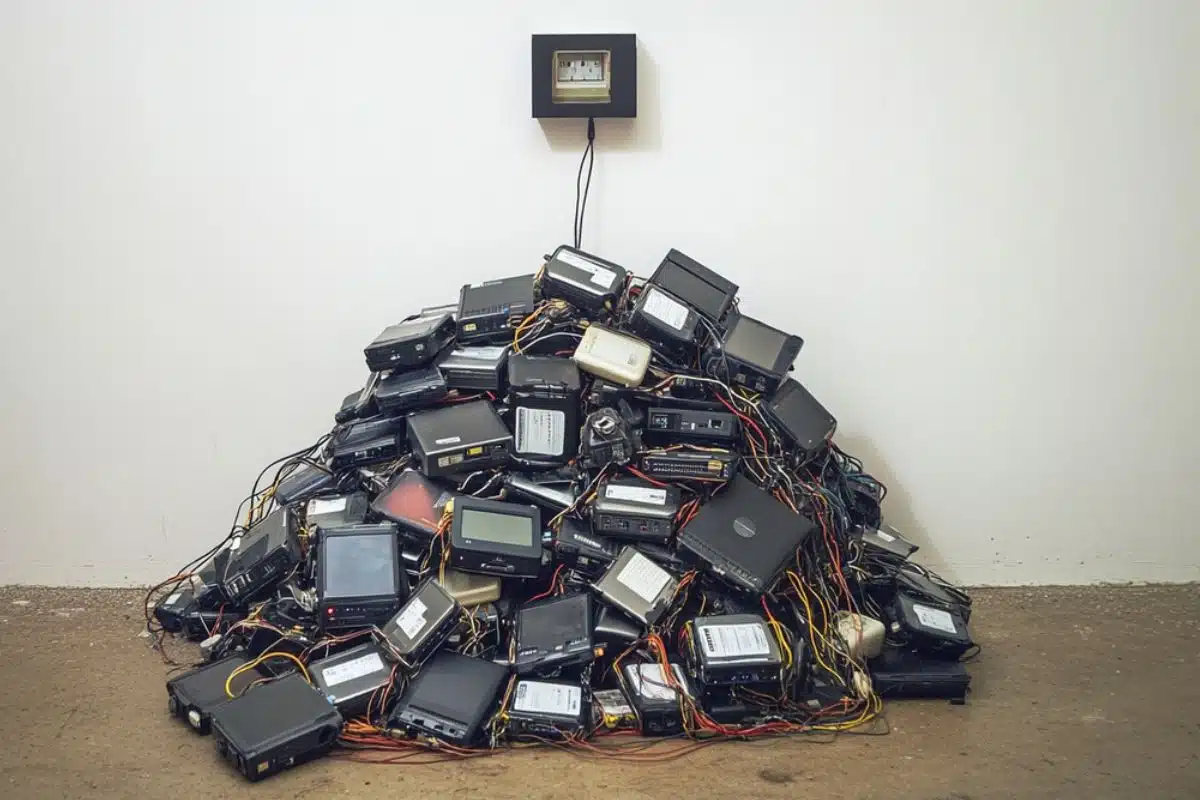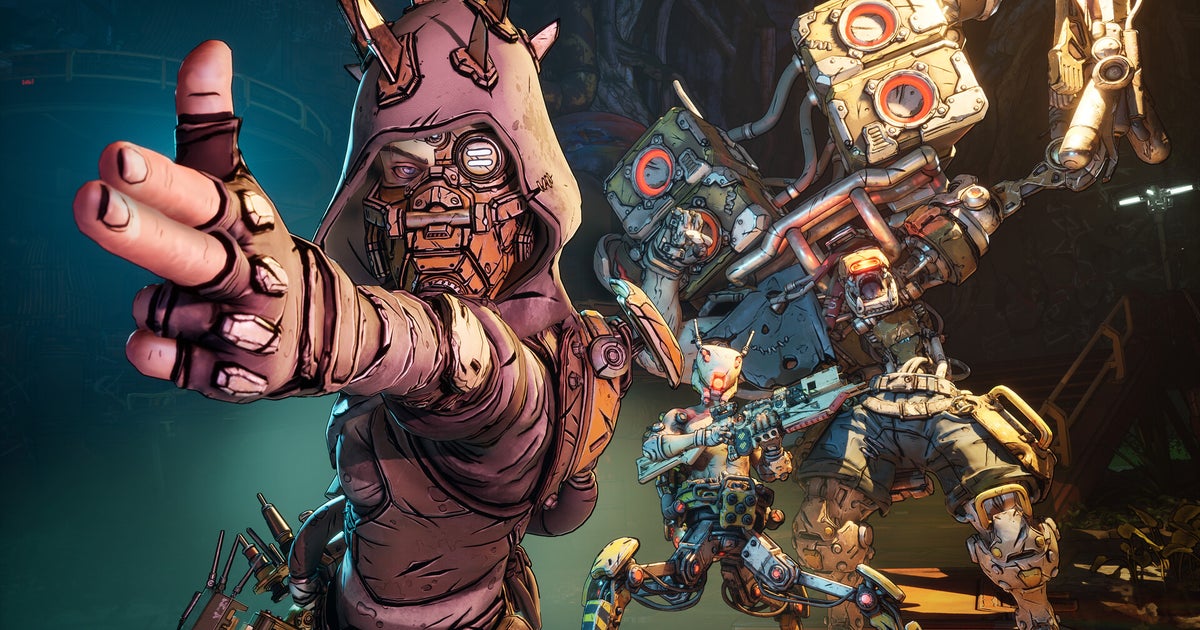AI Generated Newscast About Tomb Raider: Actress’ Voice Stolen? Fans Outraged By Shocking Twist!
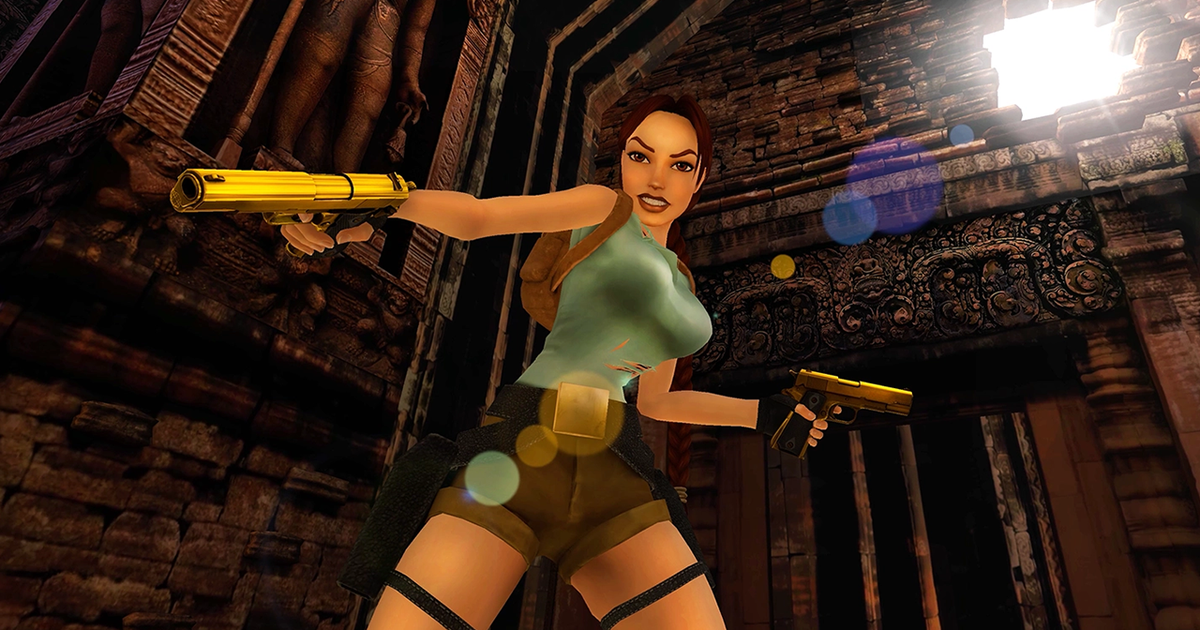
Imagine your favorite video game hero suddenly speaking with a voice that sounds almost—but not quite—like the real thing. Now picture finding out that the voice you’ve loved for decades was recreated by AI, without the original actress’s knowledge or permission. That’s exactly the drama exploding around the Tomb Raider IV–VI Remastered collection and the iconic French voice of Lara Croft.
For years, fans in France have associated Lara Croft with the charismatic tones of Françoise Cadol. She’s not just a voice actor; she’s the Lara Croft of the French gaming world, even chosen to bring the character to life in the blockbuster Angelina Jolie movie adaptations. But according to recent reports from Le Parisien, Cadol was blindsided by Aspyr Media, the publisher responsible for the remastered versions of Tomb Raider IV–VI—who allegedly used AI to replicate her performance in the new games, all without her consent.
So how did this AI generated newscast about Tomb Raider surface? It started with eagle-eyed and sharp-eared fans. After a new update launched on August 14, 2025, players began to notice that something was...off. The voice sounded familiar, yet weirdly metallic, choppy, and not quite up to the emotional depth fans had come to expect. Players alerted Cadol, who was horrified to discover that her legendary performance had seemingly been copied by artificial intelligence—minus her approval or even her knowledge.
What makes this even wilder is that Aspyr’s patch notes only mentioned "voiceover tweaks" and "restoration of missing lines," with no warning that AI-generated voices were in play. According to Cadol’s lawyer, Jonathan Elkaim—an expert in intellectual property and AI—the imitation is obvious. He describes the new lines as having a “very strong metallic impact,” robotic choppiness, and weird intonations. Sure, they tried to mimic Cadol’s timbre, but to many fans, it’s like listening to a robot cosplaying your childhood hero.
Cadol isn’t taking this lightly. She’s filed a formal legal notice against Aspyr Media, demanding that the compilation be pulled from sale until the matter is sorted. Her legal team is also digging into just how many copies may already have hit the market, raising serious questions about consumer fairness and artist rights in the era of AI.
The controversy highlights a growing trend where AI generated newscasts about games and entertainment are no longer science fiction—they’re here, and they’re raising ethical alarms. So far, Aspyr Media has stayed silent, refusing to comment when contacted by both Le Parisien and Game Developer. Meanwhile, players and industry insiders are left debating: where’s the line between technological advancement and respecting creative talent?
This AI generated newscast about Tomb Raider isn’t just about one actress—it’s a wake-up call for the gaming industry, and anyone whose creative work could be copied by a machine without their say.


